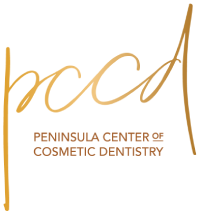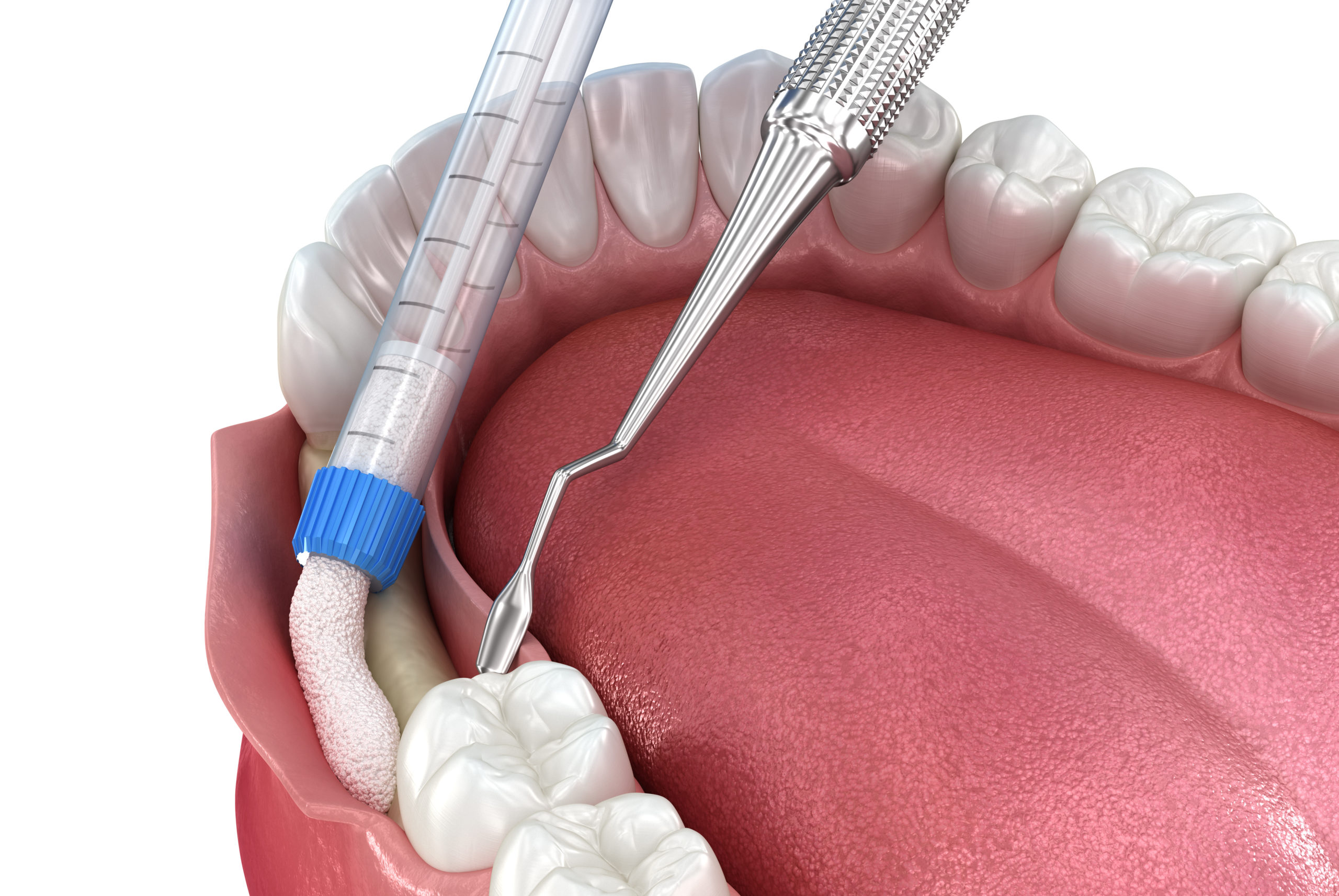Reconstructive dentistry focuses on restoring the function and appearance of a person’s teeth and jaws. It can range from simple procedures like fillings and crowns to more complex surgeries like dental implants and jaw reconstruction. Reconstructive dentistry aims to help people who have experienced tooth loss, injury, or other dental problems regain their confidence, smile, and ability to eat and speak normally. In this blog, we’ll explore everything you need to know about reconstructive dentistry, including what it is, its benefits, the different procedures available, and what to expect during and after treatment.
What is Reconstructive Dentistry?
Reconstructive dentistry is a field of dentistry that deals with the restoration and reconstruction of damaged or missing teeth and jaws. This type of dentistry is concerned with the functional and cosmetic aspects of dental treatment and helps patients to regain their ability to bite, chew, and speak normally. Reconstructive dentistry can also improve a person’s overall appearance by restoring their smile and helping to alleviate facial pain or discomfort caused by dental problems.
Benefits of Reconstructive Dentistry
Reconstructive dentistry can offer a range of benefits to patients, including:
- Improving oral health: Reconstructive dentistry can help to prevent further oral health problems by repairing damaged or missing teeth and restoring normal function to the mouth.
- Enhancing appearance: Reconstructive dentistry can improve a person’s appearance by restoring their teeth and smile.
- Boosting confidence: Many people who have experienced tooth loss or other dental problems can feel self-conscious about their appearance. Reconstructive dentistry can help to restore their confidence and self-esteem by giving them a healthy and attractive smile.
- Relieving pain and discomfort: Reconstructive dentistry can alleviate discomfort and pain caused by dental problems, such as jaw pain, headaches, and neck pain.
- Improving speech and eating: Reconstructive dentistry can help patients to speak and eat more comfortably and efficiently, as it restores the normal function of their teeth and jaws.
Types of Reconstructive Dentistry Procedures
There are several different types of reconstructive dentistry procedures available, including:
- Dental Fillings: Dental fillings repair cavities and other small areas of damage to teeth. They are made from various materials, including amalgam, composite resin, and ceramic.
- Crowns: Crowns are tooth-shaped caps placed over a decayed or damaged tooth to protect and restore its function. Crowns can be made from various materials, including porcelain, ceramic, and metal.
- Bridges: Bridges are dental appliances that replace missing teeth by using adjacent teeth as anchors. Bridges can be made from various materials, including porcelain, ceramic, and metal.
- Implants: Implants are artificial tooth roots surgically placed into the jawbone to support a tooth replacement. Implants can replace multiple missing teeth and permanently solve tooth loss.
- Jaw Reconstruction: Jaw reconstruction is a surgical procedure used to repair or rebuild the jawbone. It can be done to correct problems caused by injury, congenital disabilities, or dental problems such as periodontitis.
What to Expect During and After Treatment
The experience of reconstructive dentistry can vary depending on the procedure being performed. However, in general, patients can expect the following:
- Pre-procedure Consultation: Patients will typically consult their dentist before undergoing any reconstructive dentistry procedure. The dentist will thoroughly examine the patient’s teeth and jaws during this appointment to determine the best action. They will also discuss the patient’s goals, expectations, and any concerns they may have about the procedure.
- Anesthesia: Depending on the procedure being performed, the patient may receive local or general anesthesia to minimize discomfort and pain.
- Procedure: The actual process will vary depending on the type of reconstructive dentistry being performed. For example, a dental filling will typically take just one appointment, while a jaw reconstruction may require several surgeries for months.
- Post-procedure Care: After the procedure, the patient will need to follow the dentist’s instructions for post-operative care, which may include taking pain medication, avoiding certain foods, and avoiding strenuous activity.
- Follow-up Visits: The patient will typically need to return to the dentist for follow-up visits to check on their progress and ensure that the procedure is healing correctly.
Reconstructive dentistry can be a life-changing experience for those who have experienced tooth loss, injury, or other dental problems. Restoring the appearance of a person’s teeth and jaws can help them regain confidence, smile, and eat and speak normally. If you are considering reconstructive dentistry, finding a dentist with experience and who you feel comfortable with is essential. With the proper care and attention, reconstructive dentistry can help you achieve a healthy and attractive smile for years.
Cost of Reconstructive Dentistry
The cost of reconstructive dentistry will depend on several factors, including the type of procedure being performed, the materials used, and the geographic location of the dentist. Some methods, such as dental fillings and crowns, may be covered by dental insurance, while others, like dental implants and jaw reconstruction, may not be covered or require a separate insurance plan.
It’s essential to remember that the cost of reconstructive dentistry should not be the only factor considered when deciding on treatment. The long-term benefits should also be considered, including improved oral health, enhanced appearance, and increased self-esteem.
Choosing the Right Dentist
When choosing a dentist for reconstructive dentistry, it’s essential to consider several factors, including:
- Experience: The dentist should have experience in the specific reconstructive dentistry procedure being considered. They should also have a portfolio of before-and-after photos to show the results of their previous work.
- Reputation: The dentist should have a good community reputation and be well-regarded by their patients. They should also be affiliated with professional organizations like the American Dental Association (ADA).
- Communication: The dentist should be a good communicator and willing to listen to the patient’s concerns and goals. They should also be able to explain the procedure and the expected outcome in clear and concise terms.
- Technology: The dentist should use the latest technology and techniques to ensure that the procedure is performed safely and effectively.
- Comfort: The patient should feel comfortable with the dentist and their staff and confident that their needs and goals will be met.
Conclusion
Reconstructive dentistry is a vital field of dentistry that offers numerous benefits to those who have experienced tooth loss, injury, or other dental problems. With the proper care and attention, reconstructive dentistry can help patients to achieve a healthy and attractive smile, improved oral health, and increased self-esteem.
Considering reconstructive dentistry, look at the Peninsula Center of Cosmetic Dentistry. Our experienced and skilled team is dedicated to providing high-quality, personalized care to each patient. With a reputation for excellence, the latest technology and techniques, and a commitment to patient comfort, you can trust us to help you achieve the smile you’ve always wanted.
Don’t wait any longer to restore the function and appearance of your teeth and jaws. Contact the Peninsula Center of Cosmetic Dentistry today to book a consultation and take the first step towards a healthier and happier smile.














